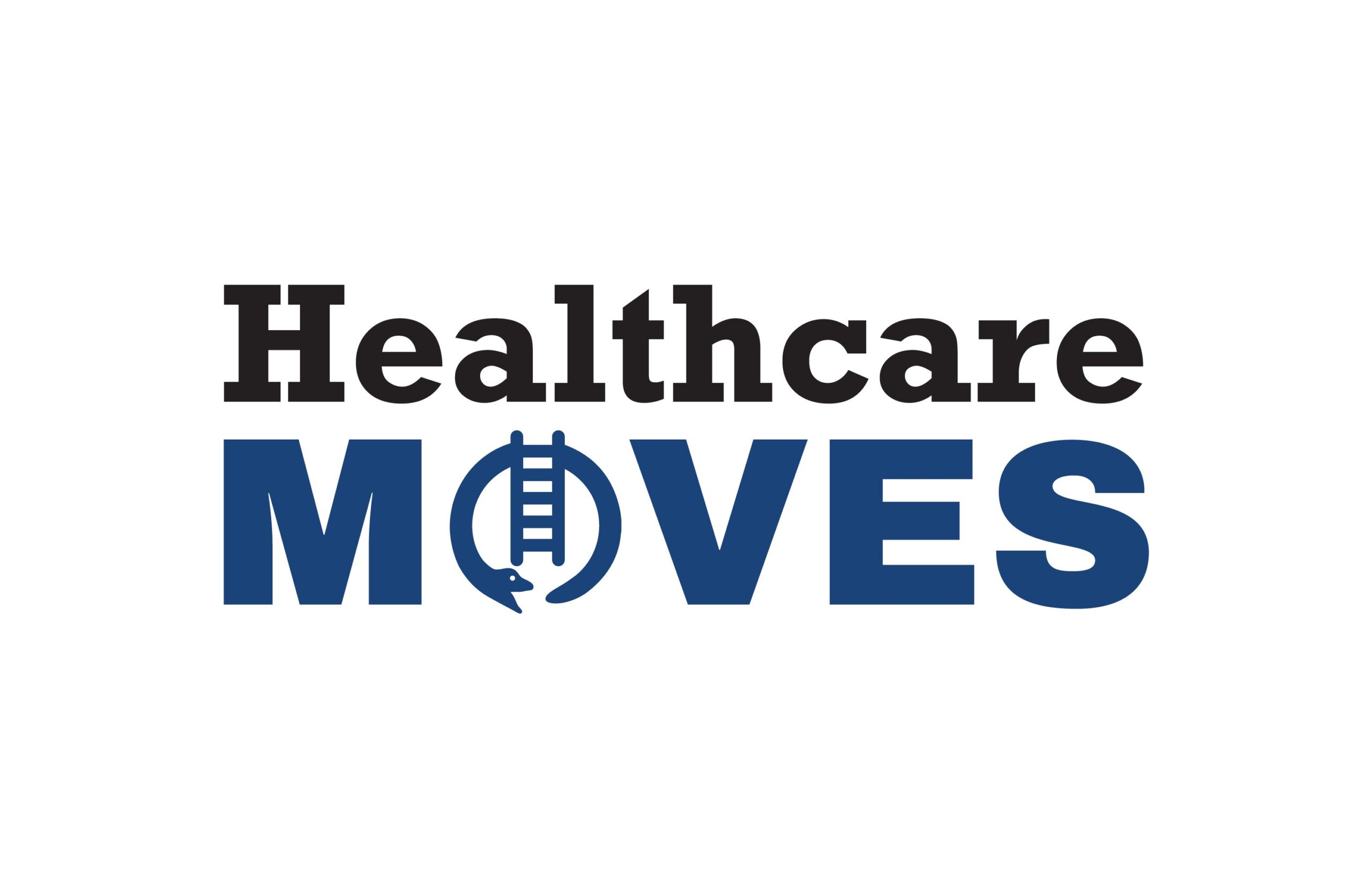
The word “revolution” often gets thrown around cavalierly in the world of healthcare innovation. But it sounded perfectly reasonable during the closing keynote session at MedCity ENGAGE Wednesday.
“What’s happening in healthcare is a mixture of cultural and revolutionary change,” said cancer survivor/empowered patient Dave deBronkart, better known as “e-Patient Dave.” (He has said the “E” could stand for engaged, empowered, equipped or enabled. “We are entering a scientific revolution” in the inclusion of patients, deBronkart said.

With the Rise of AI, What IP Disputes in Healthcare Are Likely to Emerge?
Munck Wilson Mandala Partner Greg Howison shared his perspective on some of the legal ramifications around AI, IP, connected devices and the data they generate, in response to emailed questions.
With that in mind, deBronkart called for something that would be truly revolutionary. “We need a new science of patient engagement,” he declared.
DeBronkart first realized in 2007 how much he needed to get engaged and empowered as a patient when he was diagnosed with Stage IV renal cell carcinoma that had spread to his lungs and several bones. He was told the median survival time for that diagnosis was 24 weeks, and the metastasis probably put him below that line.
Surgery and aggressive biologic treatment worked, and the cancer disappeared. A year later, deBronkart’s physician, Dr. Danny Sands of Beth Israel Deaconess Medical Center in Boston, introduced him to the then-fledgling e-patient movement and a group of people who would eventually create the Society for Participatory Medicine.
DeBronkart has come to believe that medicine needs to be a partnership between professionals and patients. “There is no way I or the Internet could have saved my life,” he said. But stubborn doctors who don’t listen to patients can and do cost others their lives.
With that in mind, deBronkart pointed out that 20 years ago this week, a certain “Seinfeld” episode called “The Package” premiered. That was the episode that included the Elaine character waiting in an exam room for the doctor to enter. She peeked inside her medical chart, only to find that someone had written that she was “difficult.” When she confronted the doctor about this, the relationship immediately went sour and she wasn’t able to get proper treatment for a rash.
Working with OpenNotes — a program that allows patients to see unedited primary care clinician notes from their own medical records — deBronkart remixed the Seinfeld clip for the 21st century. He showed a shortened version of this video on Wednesday.
“The evidence shows that most records contain mistakes, and that could be a problem,” deBronkart said in the video. With OpenNotes, patients can have their physicians fix any errors in the record.
“This is a Copernican shift,” deBronkart said, driving home his point about revolution and cultural change.
Photo: Andreas Kermann/Getty Images















